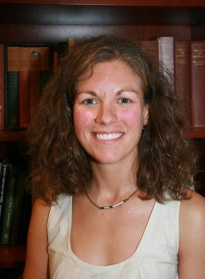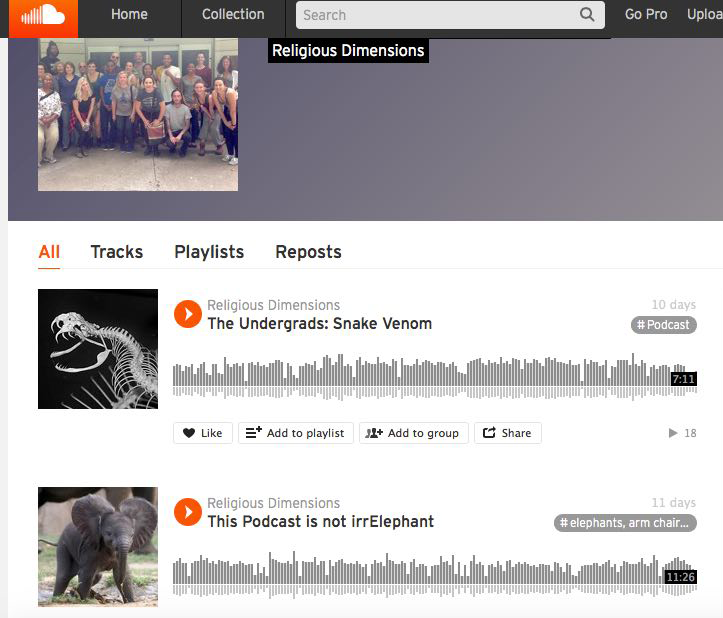
The first listen and a question for you
On Monday, I told the students that for the first time since I started teaching I was blown away by the entire class’s projects. Their podcasts are fantastic, and you can listen to them here. I’m tempted to keep gushing. Instead let’s think through some reflections on the first episode assignment and final products.
The assignment traces the arc of the course and mirrors one way I start a new research project. I read widely on research subjects that are unfamiliar and then trace the important ones in more depth, which is what we’ve done in this course. We all started by figuring out just what a snake is so that we’ll have a basis for evaluating snakes in Indian and Mesoamerican natural histories and, later, in Hindu and Nahua religions. Working in small groups, the students selected topics and then started trying to answer questions like “What is a cow?” Sounds pretty simple, right?
When we listened to the podcasts in class, more than one group reported having trouble finding sources that explained the basic features of cows, monkeys, bears, and elephants. It was easy, they said, to find research that explained how specific enzymes in cows’ stomachs affected digestion, but it was hard to find basic information on cow physiology and biology. One student admitted that she resorted to kids’ encyclopedias. Good idea!
 It was also difficult, they said, to steer (ha!) clear of human relationships with animals—why people fear snakes or why people like apes—and focus on the animals themselves, their assignment. My students aren’t alone in this challenge. Ecologist Carl Safina opens his most recent book Beyond Words: What Animals Think and Feel by recounting a similar struggle. As Safina explains, until recently only a handful of biologists (think Jane Goodall) have studied animals to learn about the animals, themselves, rather than, say, about what they can tell us about humans.
It was also difficult, they said, to steer (ha!) clear of human relationships with animals—why people fear snakes or why people like apes—and focus on the animals themselves, their assignment. My students aren’t alone in this challenge. Ecologist Carl Safina opens his most recent book Beyond Words: What Animals Think and Feel by recounting a similar struggle. As Safina explains, until recently only a handful of biologists (think Jane Goodall) have studied animals to learn about the animals, themselves, rather than, say, about what they can tell us about humans.
Despite these and other difficulties my students encountered, the podcasts are great and the best of them reflect an entire group’s effort to produce a well-researched and well-written final project.
After listening to the shows and evaluating them, I find myself thinking through two aspects of the assignment. One the students raised. Their concern was that the in class peer-review workshop came too close to the assignment’s due date. We talked about this concern briefly in class, and then I posted the syllabus, the first assignment, and a draft of the second on our website and asked for their input. (In the end, students who’ve given me feedback seem satisfied with the same schedule for the second episode. Now that they’re familiar with the process, they can plan ahead.)
My other concern has to do with grading, and it’s something I’ll talk to the students about soon. Each student earns an individual grade and a group grade. The group grade reflects the quality of their work throughout the process: their ability to meet deadlines, etc. The individual grade comes largely from the peer-evaluations they submit after they post the podcasts. I’m finding that they graded one another generously; almost everyone scored an A+. That’s OK, but their peer-evaluation narratives suggest that the actual work group members did varied in quantity and quality. I’m wondering how I might revise the second episode assignment to emphasize the importance of the group working together or to encourage students to think through the peer-evaluations a bit differently. Any ideas?
This is the 6th post in this series by Molly Bassett this semester (Fall 2015).